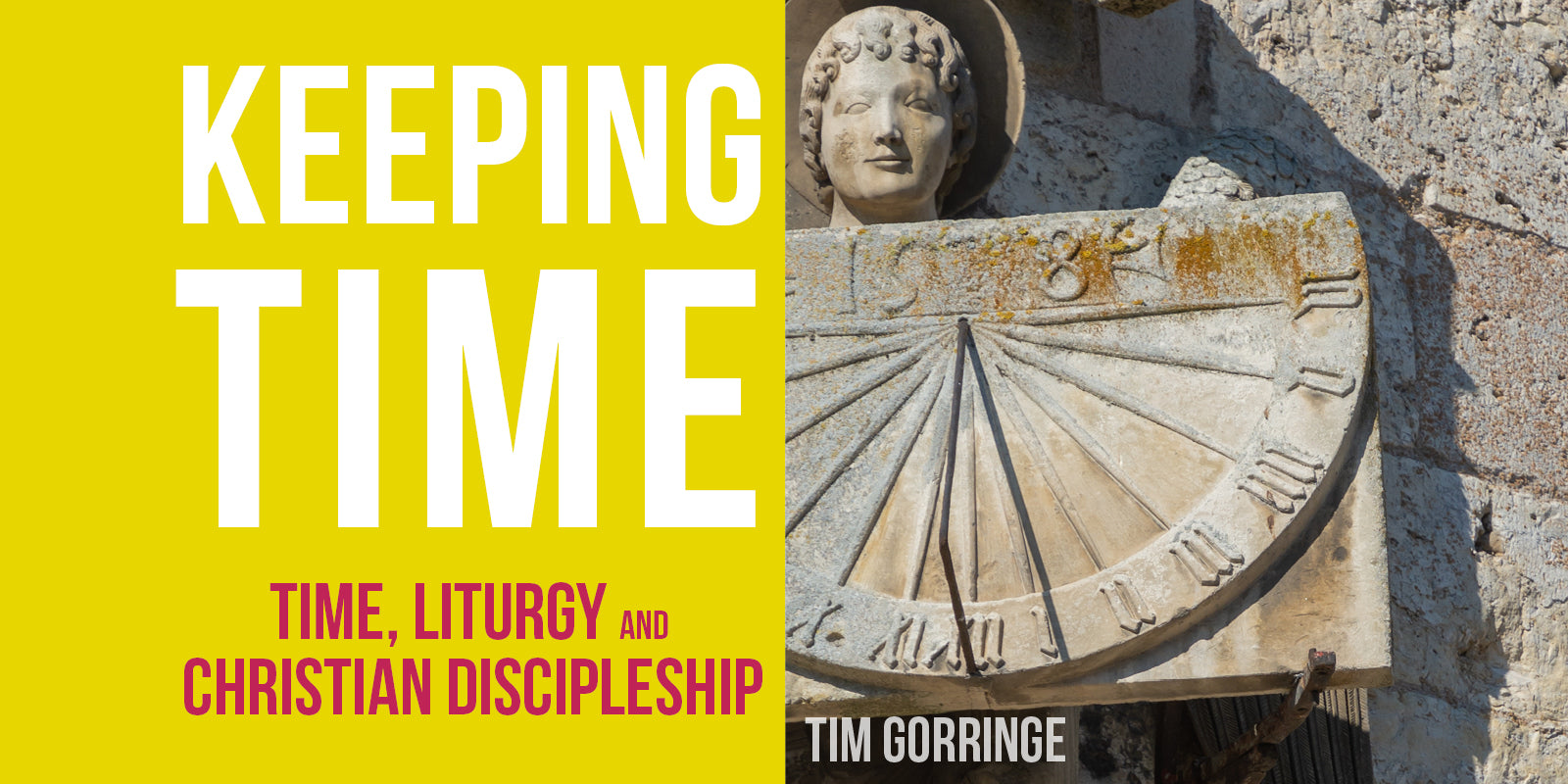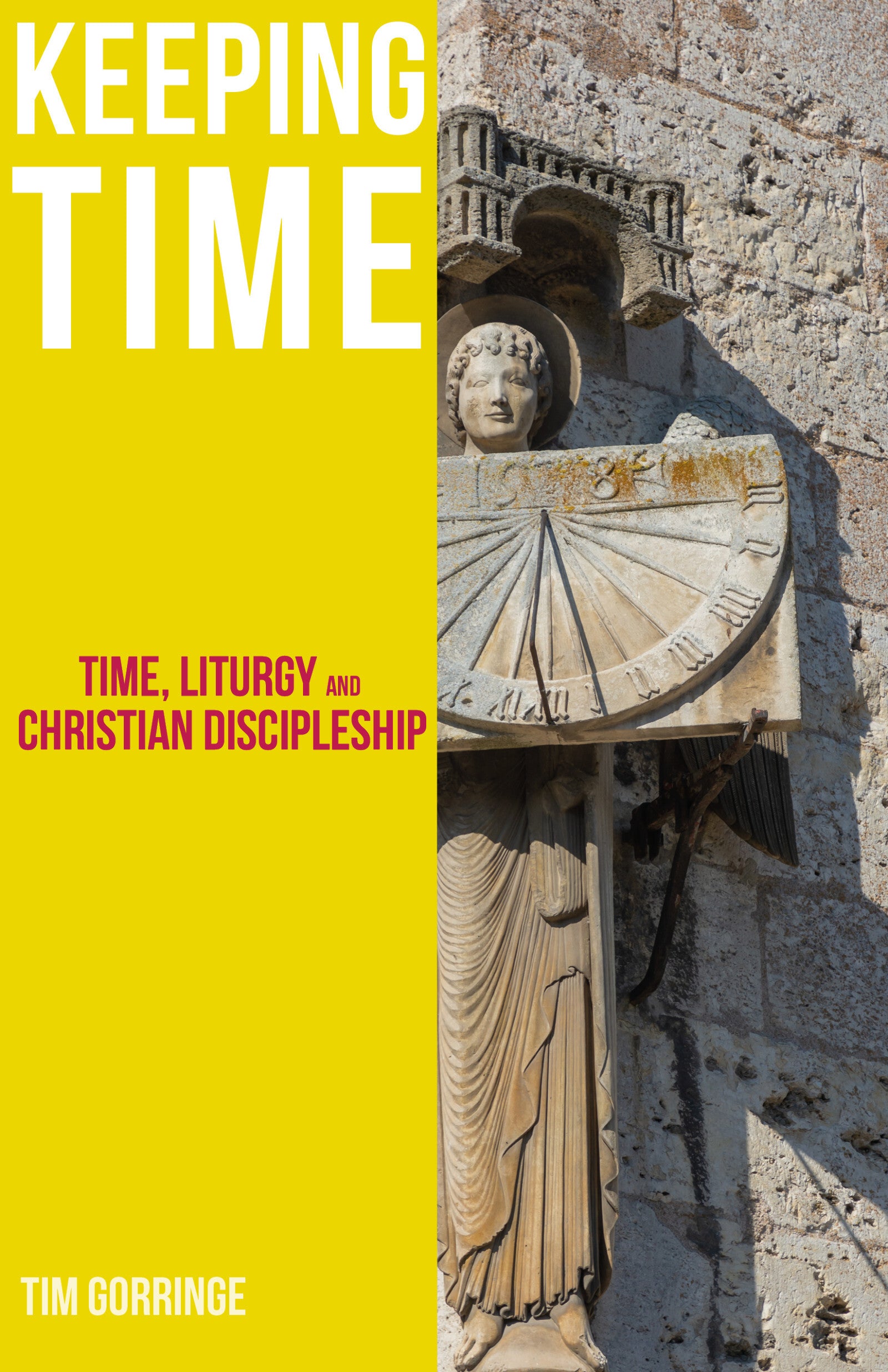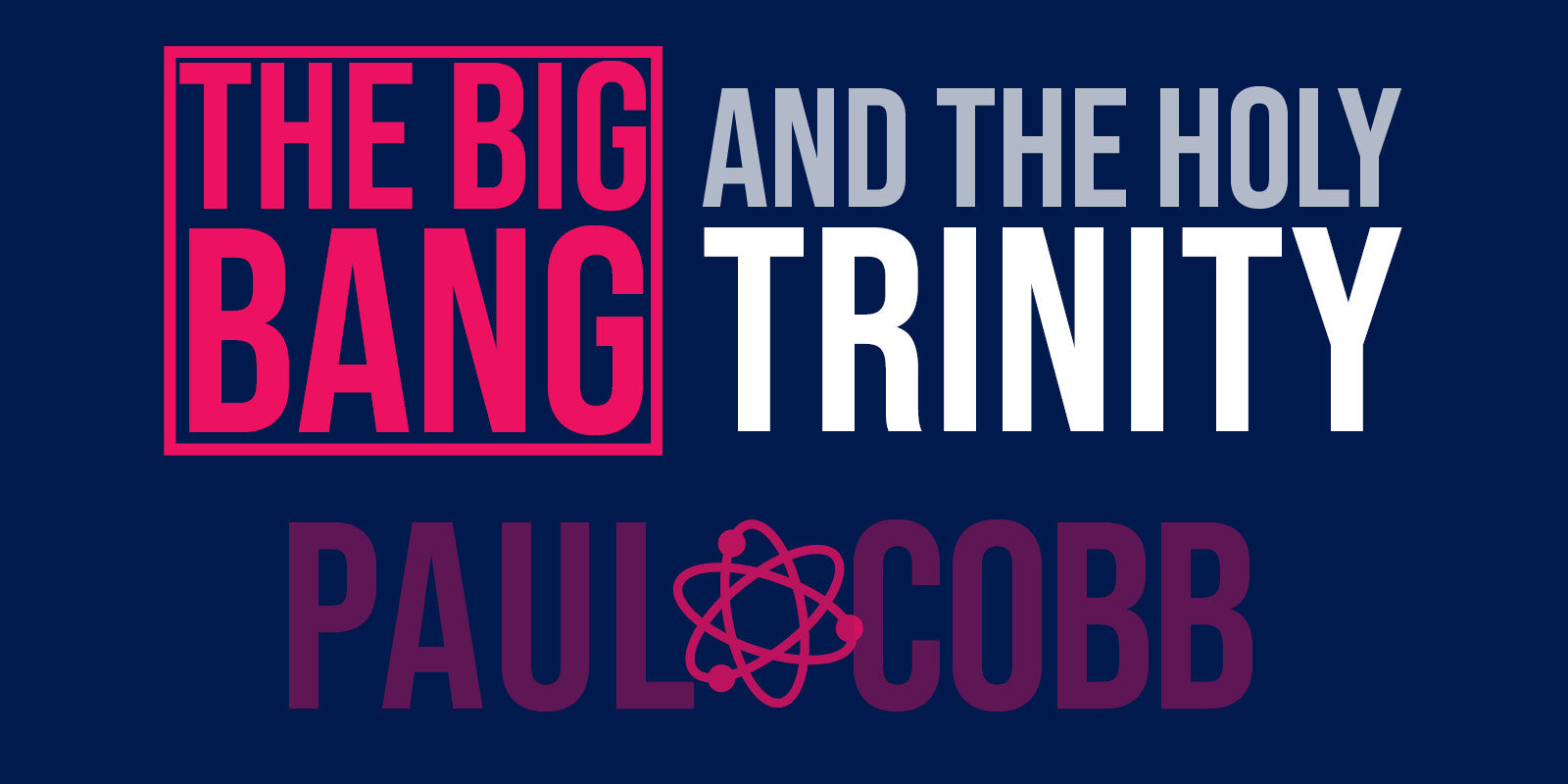GUEST BLOG: Timothy Gorringe, author of Keeping Time: Time, Liturgy and Christian Discipleship, discusses what a truly Christ-like Church would look like.
Simon Fairlie, founder of the Tinkers Bubble off grid settlement, of The Land magazine, and of the revival of scything festivals in this country, has just published his autobiograqphy: ‘Gone to Seed: A counter cultural memoir’. Simon was a ‘drop out’. He dropped out of school, and out of Cambridge after two terms. He has lived in squats, alternative ‘hippy’ communities, and scarcely ever had a ‘steady’ job (though when he did it was working as a stone mason on Salisbury Cathedral). His whole life has been a protest against the neo-liberal economic order; an attempt to model truly sustainable ways of living. Needless to say, he has nothing to do with the church.
scarcely ever had a ‘steady’ job (though when he did it was working as a stone mason on Salisbury Cathedral). His whole life has been a protest against the neo-liberal economic order; an attempt to model truly sustainable ways of living. Needless to say, he has nothing to do with the church.
Reading the book, it struck me that it is one of the great triumphs of Satan that a movement which began by turning the world upside down (Acts 17.6) should have become, for most of its life, a pillar of the establishment, in fact, in this country, ‘the established church’. The Church of England currently exists, for the most part (not quite entirely) as a comfort blanket for a dwindling group of social conservatives wedded to military memorials (‘Remembrance’ Sunday), the monarchy (heedless of Bertrand Russell’s remark in 1917 that the monarchy exists, like the concept of cause, ‘under the mistaken assumption that it does no harm’) and the preservation of respectability. Fortunately fewer and fewer people ‘go to church’ (a very bizarre idea in any case – you can’t ‘go to church’ because if you believe G-d reveals G-dself in Jesus of Nazareth you are the church). Meanwhile, those who have a sense of the reality of G-d distance themselves from the creeds and take refuge in a diffuse ‘spirituality’, often related to ‘nature’(never defined). But creeds arose as a way of saying what the movement stemming from the life, death and resurrection stood for. As Justin explained, before his martyrdom in the middle of the second century, they set out why you cannot worship ‘the gods of the state’; they are a way of nailing your colours to the mast. Confession of them brought you into contention with Caesar, and every so often that meant death. Ironically, for centuries now so-called Christians have been in the crowd yelling ‘We have no god but Caesar’(the market, the nation, the status quo).
Matthew tells us that ‘the gates of hell’ cannot prevail against the church (Mt 16.18). I wonder if the gates of hell include the whole bundle of threats identified by the Stockholm Institute, which are not reducible to climate change, which threaten all life on earth. Or even, relatedly, the lure of consumerism, which all those of us who are affluent, or relatively affluent, (this doesn’t include Simon Fairlie), buy in to. We can’t know but, if we believe the G-d who turns things upside down is revealed in and through Jesus, then surely we are called to understand our corporate or communal life (‘church’) as a counter cultural reality. The difficulty here is exactly what it was at the very beginning of the church’s life – the deep discomfort of declaring our disbelief in the gods of the state, of the whole reigning established (im)moral and (a)social order. It really is very uncomfortable – and it would horrify most existing ‘churchgoers’.
All humans – even atheists – worship their gods. This is often a form of deified social solidarity; it may be nation, ethnic group, money, family, sex or success. ‘The human heart is a manufactory of idols’ as Calvin said. As I understand it what we have in Scripture is a revelation (‘what human beings cannot tell themselves’) of the conditions of the order of life, as opposed to death: an order based on forgiveness, justice and mercy; an order resting on a belief that all human beings are sisters and brothers of ‘the human One’ (‘Son of Man’); that because all creation, in all its turmoil, pain and magnificence, derives from G-d, and is therefore proper to G-d, we are called to cherish it and husband it. Of course, Scripture is a human response to revelation. There is much in it which has nothing to do with G-d – rather the opposite (commands to genocide, 1 Sam 15; commands to stone a girl to death if her hymen does not break on marriage Dt 22; blessings on those who murder the children of their enemies Ps 137; etc.etc.). But as I read it I find in it the emergence of a profoundly counter cultural ethic, rooted in a belief in a G-d not like those of the nations – revealed in someone crucified on the trumped up charge of being a nationalist guerrilla, revealed in the humility of G-d – a challenge to all our projections, revealed in a disavowal of notions of power based on hierarchy and violence. It is this story, it seems to me, which the lectio divina schools us in, a story which cannot school us in establishment, but only in counter cultural modes of living. And it should humble us that this is understood much better by non believers like Simon Fairlie, than those of us who read Scripture, say the psalms and – ‘go to church’.
âTim Gorringe is an Anglican priest who has taught in India, Oxford, St Andrews and Exeter. He is married and runs a smallholding in mid Devon. You can get your copy of Keeping Time here!











